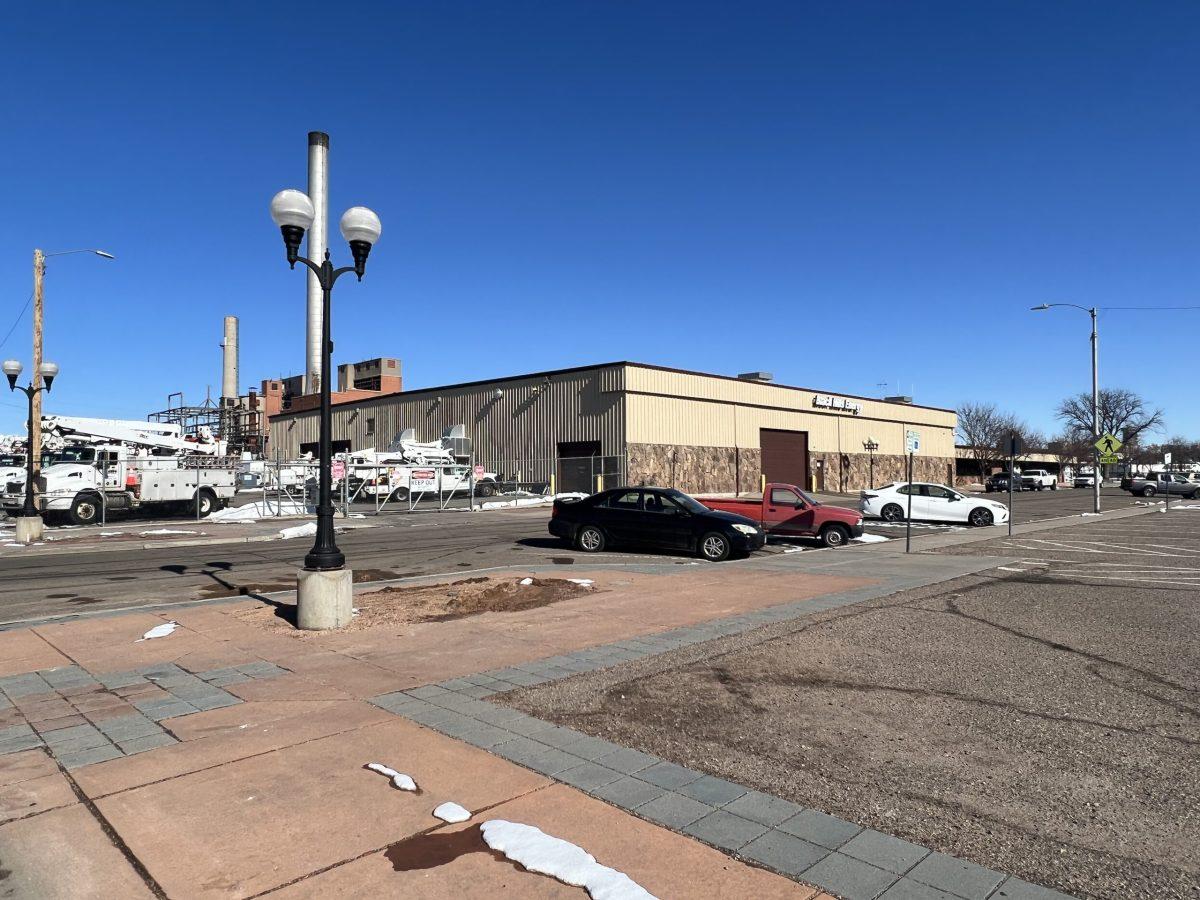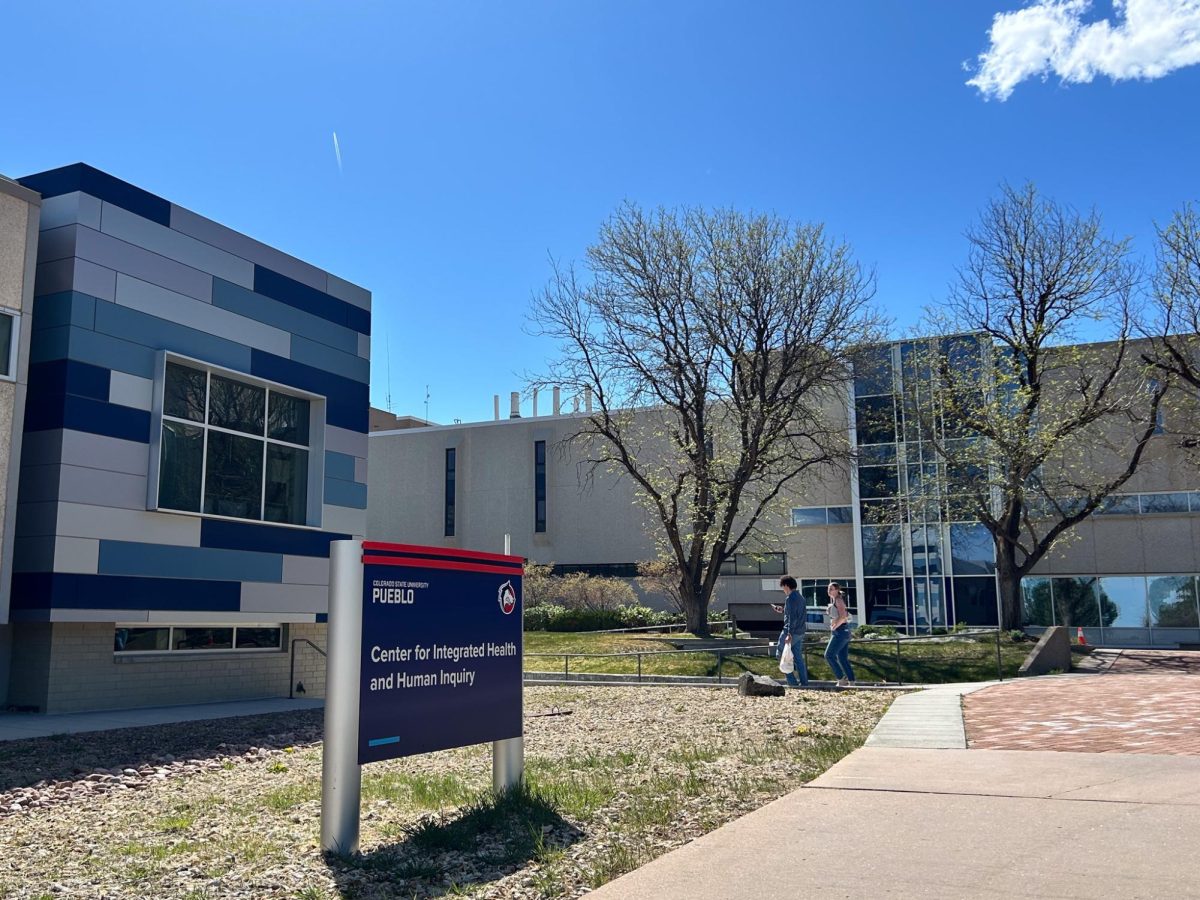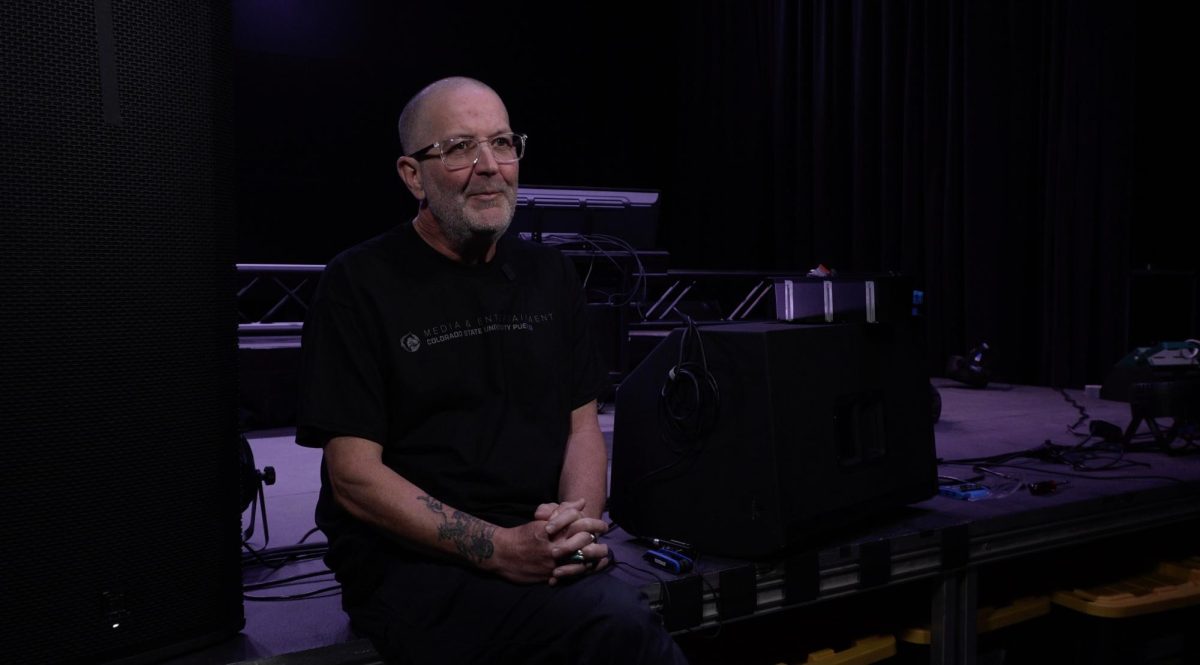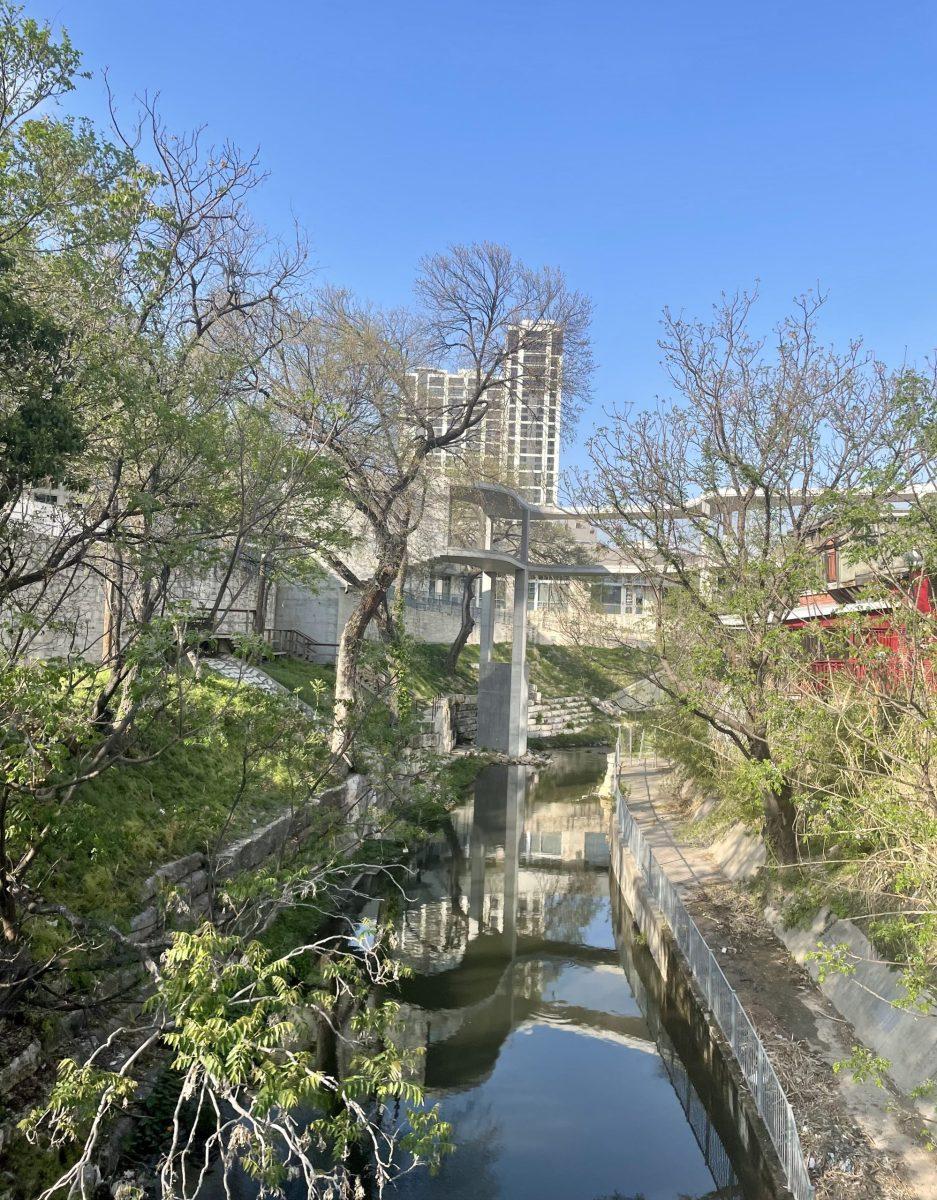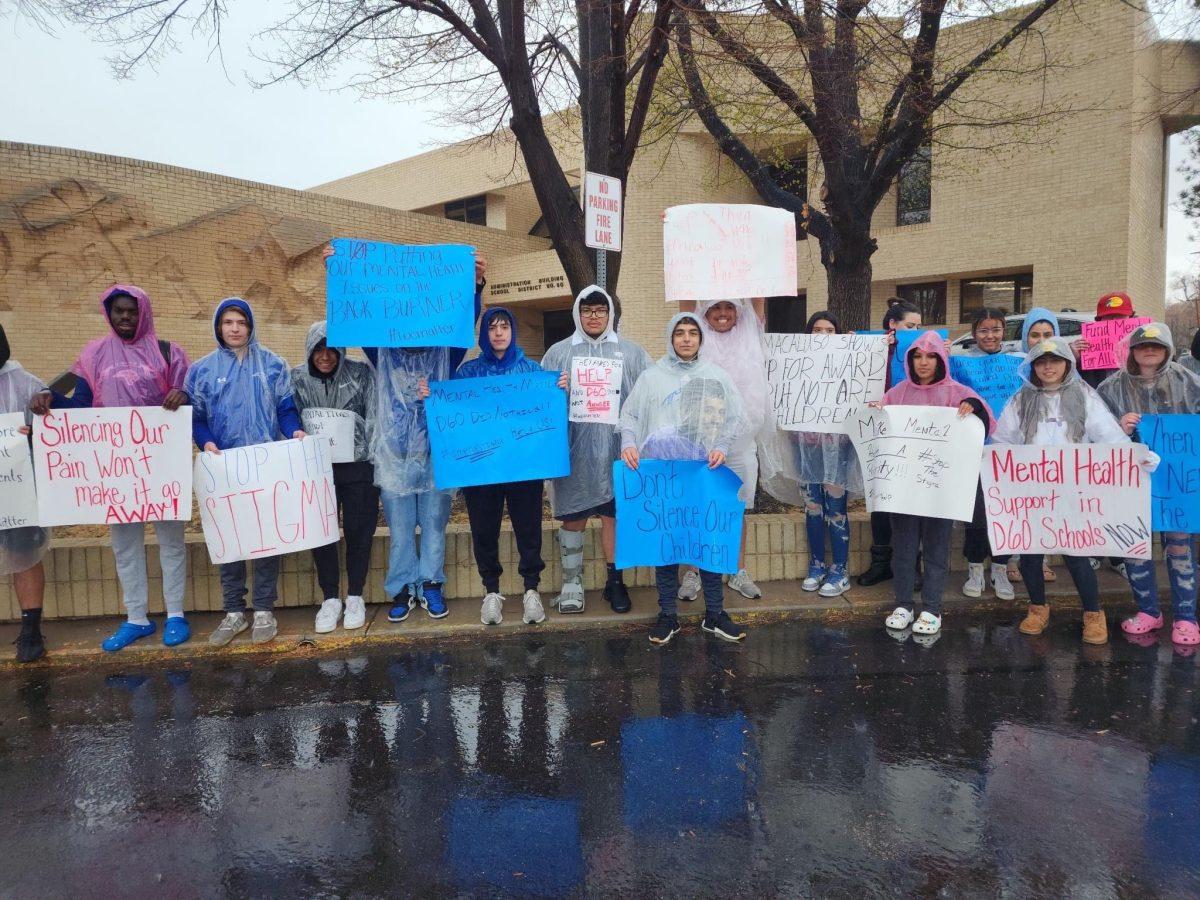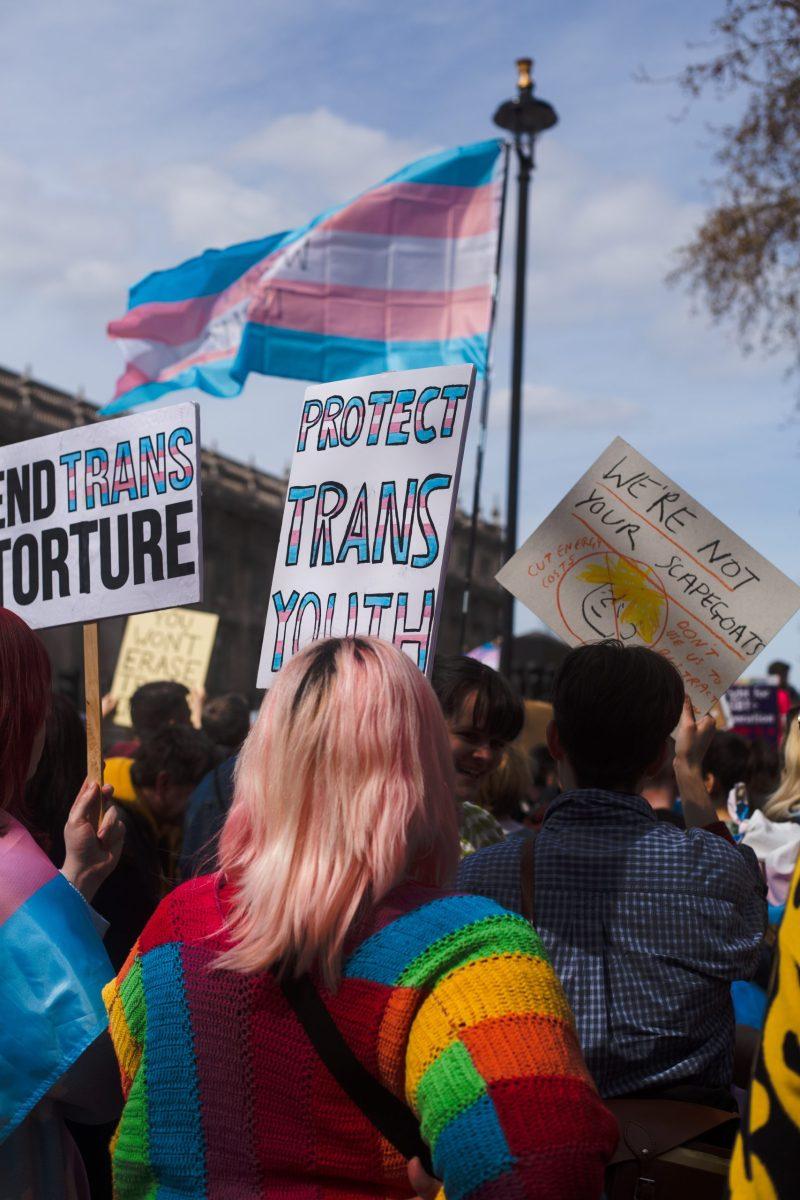By Camerron Martin
The Black Hills Energy Company supplies power to many parts of the United States. They are the primary power source used across eight states. People in Arkansas, Colorado, Iowa, Kansas, Montana, Nebraska, South Dakota and Wyoming must live with the range of Black Hill’s issues.
Despite being a huge power company that supplies millions of people with power and a sizable workforce to ensure everything runs as intended, they often need to live up to expectations. For the most part, they do hold their end of the bargain and keep the lines running smoothly, but should a problem arise, the company needs to fix it promptly.
In the area where I have lived for the last couple of years, widespread outages have taken place, and it has taken hours for the power to return. The causes of the outages varied, but they were often not issues that would take half a day or more to fix. On top of these issues, there are rarely any updates to let people who have lost power know when their power will return.
These can cause many new issues for various groups. Some need help getting the basic functionality out of essential household appliances that require electricity. Should parts of the grid that run stop lights and other street lights go offline, it can cause danger to those unaware of how to handle the situation. If a traffic-lighted intersection has gone dark, it becomes a four-way stop.
On Friday, Feb. 17, 2023, a campus-wide outage struck CSU Pueblo during people’s morning classes. At 10:04 a.m., the school issued a notification informing that a Black Hills Energy outage was the cause. About six and a half hours later, at 4:32 p.m., another announcement informed students that the outage had been resolved across campus aside from the residence halls.
Why should students pay tuition when they have to work around problems like this, no matter how rarely they might happen?
To be fair to the company, Black Hills keeps things reasonably stable for the most part and gets any issues resolved as fast as possible, but there are other times when they ignore apparent problems.
Speaking from a more recent experience, a tree that sits only a few feet from the pole and lines running along the street had caught fire and burned severely. Due to the fire traveling through the roots and up the middle of the tree, it was a while before the fire was noticed, and efforts were made to extinguish it, and it was only fully contained when the snow came down and froze the water being sprayed on it.
The damage to the tree put it at high risk of coming down across the lines, but as we were told, it was a secondary line which meant they wouldn’t take out the tree. Due to it becoming our problem, it costs us more on top of what we already pay for their services, which is far more than it should be at around $100 per month.
However, only some trees are deemed not a problem by the company. They take great care in making sure branches don’t cross their lines and create potential fire hazards by coming around and completely butchering people’s trees and taking branches only as far back as they need to go to keep them out of the way which results in the trees being completely deformed and looking terrible. Their handy work has sometimes killed a few small trees along the powerlines.
Black Hills Energy isn’t the worst company operating in this country, but they have its fair share of problems that many customers would like to avoid or never have to deal with again. The lack of communication and overstepping of property are two major issues the company has that nobody enjoys. Still, being such a significant power provider for so many communities nationwide, a complete fix will likely happen.




